Hey there! Did you ever pay attention to those nasty white stains appearing on dishes or that funny substance at the base of faucets? If you have, then you probably are using hard water in your home or business establishment. Oh, do not fret; everyone feels that way at some point in their existence. Many people face the same issue, and the good news is that there’s a simple solution: a water softener.
In this article, we will get to know why people must use a water softener at home and how it can help you a lot.
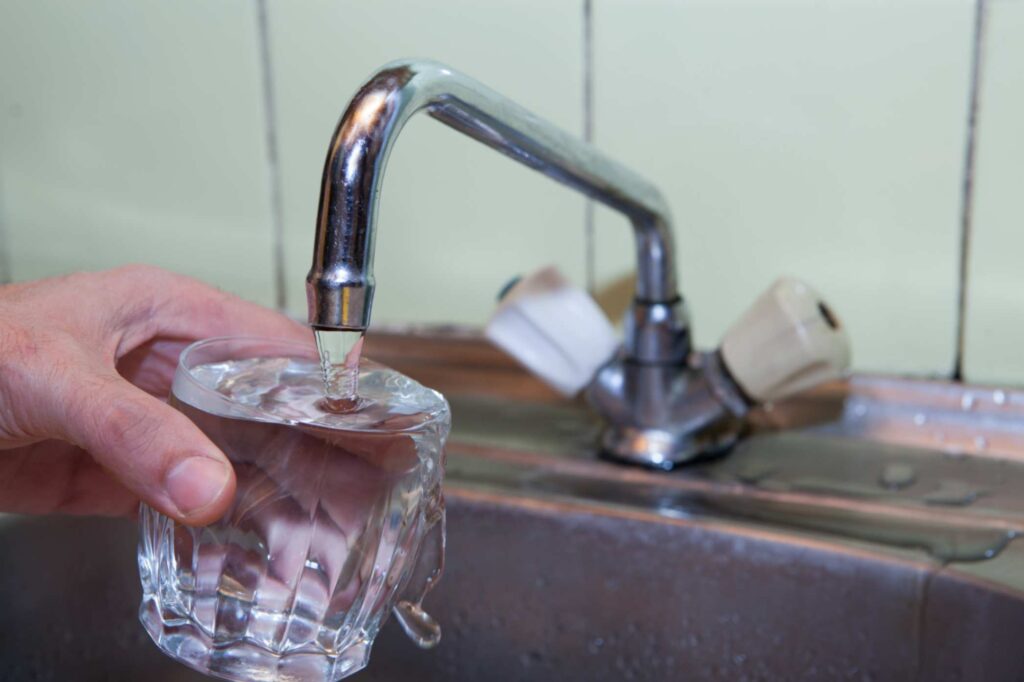
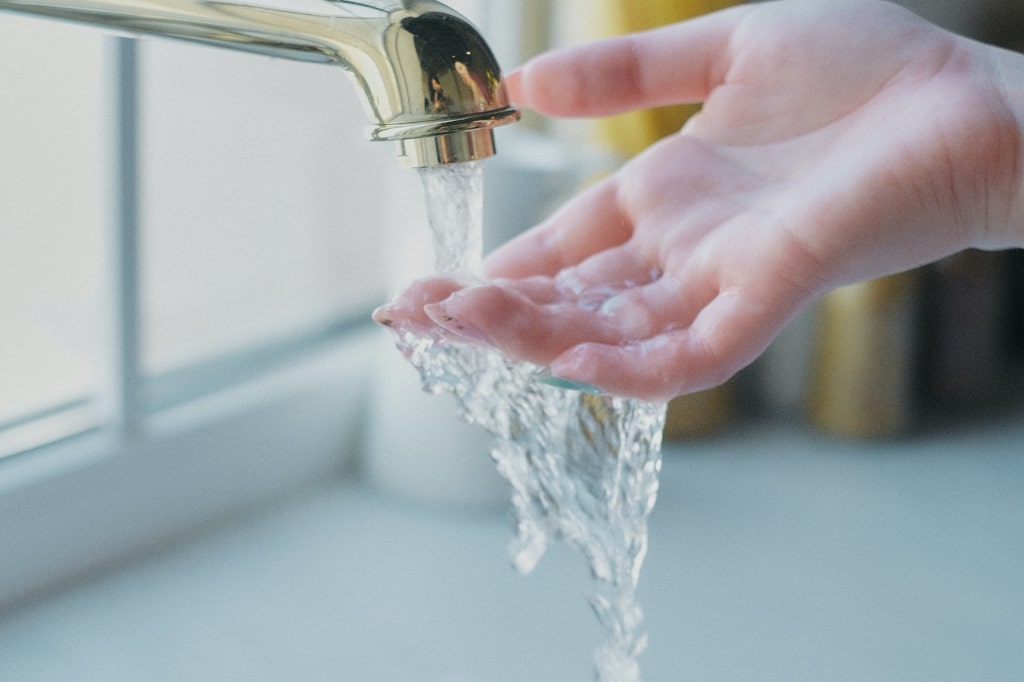
Source – bwtshop.co.uk
Hard water can be a real headache. Here are some of the common issues it can cause:
Scale Buildup: The deposits that are created from hard water and mainly consist of calcium carbonate are referred to as scale. This is very undesirable since it causes the formation of layers or deposits inside the pipes and reduces the flow of water while over time it corrodes the appliances that use the water.
Soap Scum: On the one hand, it makes soap less effective, creating soap scum on dishes, shower walls, not to mention your skin.
Dull Laundry: Water produced by hard water sources leaves clothes stiff and discolored.
Dry Skin and Hair: The minerals that clog the surfaces of hard water can cause it to rob the skin and hair of its natural moisture making it rough.
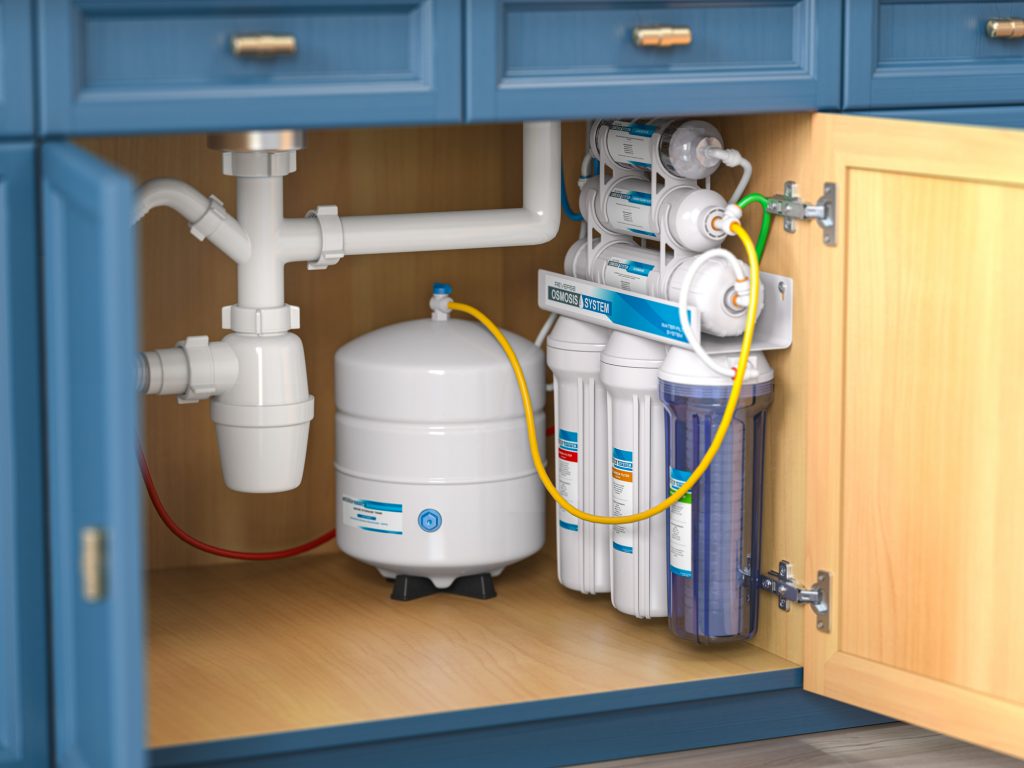
Source – plumbtechmt
A water softener is a product that is designed to remove those minerals that make water ‘hard’ and can be referred to as ‘softening’ it. The most popular kind of water softener operates according to a mechanism known as ion exchange. Here’s how it works:
Water enters the softener: Soft water gets into the softener tank from the hard water supply.
Ion exchange occurs: The water flows over resin beads where sodium ions coat the shell of the beads. Calcium and magnesium metal displaces sodium ions and releases the ions in the solution.
Softened water flows out: The water that is softened now goes out into the tank through the now softened water and circulates through your house.
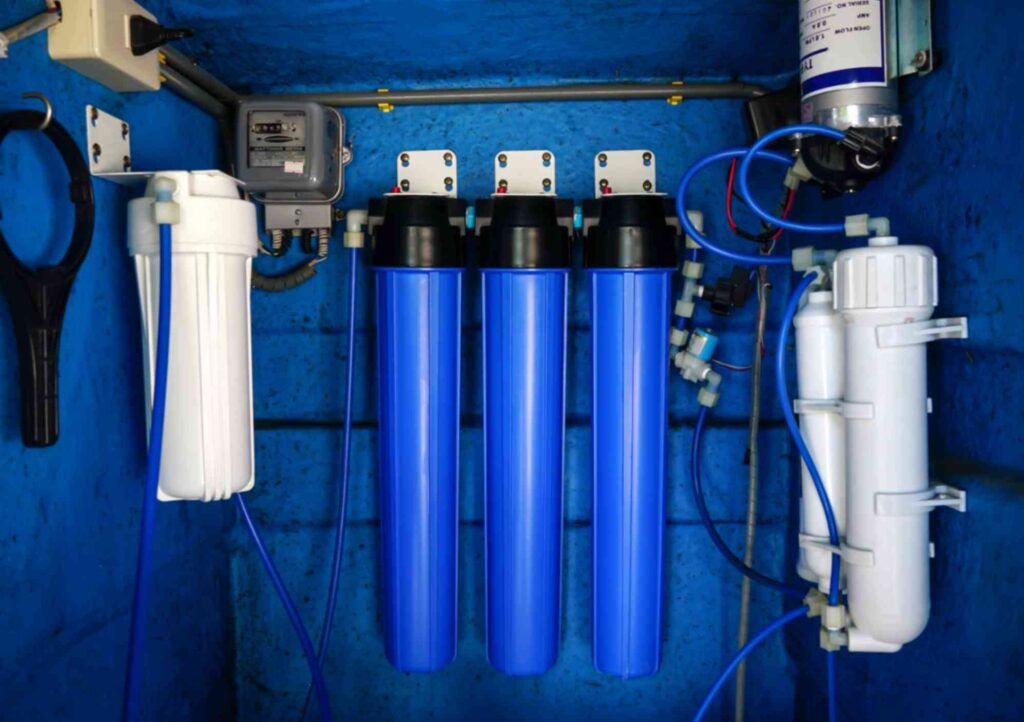
Items such as your washing machine, dishwasher, and water heater are common victims of the build-up that results from hard water. Water softener will help you prolong the lifespan of such appliances hence reducing the amount you spend on repairs and even replacement.
Sparkling Dishes: Say goodbye to those white spots or streaks on your glasses and dishes.
Brighter Clothes: Laundry that is being cleaned with this will be cleaner, softer, and has a brighter color.
Cleaner Bathrooms: No problems of soap scum and mineral deposits in your fittings and tiles ever again.
Soft water does not affect human skin and hair in the same way as hard water does. It assists in retaining the skin’s natural balance of moisture and elasticity as well as making hair sleeker.
Soft water is one in which the mineral content is low, and due to this, soaps and detergents are effective while in hard water. You even discover that to achieve the same results you need to use less on the surfaces hence will be cheaper in the long run.
Just imagine how much your plumbing system will love you if you help it eliminate some of these extra problems. Soft water also has less impact on the formation of clogs and corrosion hence, it means few plumbing troubles and little expenses on them.
It is therefore a fact that if you have to choose between using a water softener for your home, then think again, because it is beneficial to your environment as well. First, it will help to save the amount of chemicals used in the soap and detergents but also help in preventing chemicals from draining into the water systems. Moreover, more efficiency of appliances means that they require less energy, and this avails a victory for the environment.
When it comes to picking a water softener, there are a few things to consider:
Size: Therefore, ensure that the system that is chosen is the right one for your house in size. Take into account the number of people in your home and how much water you use daily.
Type: The water softeners are of varying types; these are the salt-based system, the salt-less system, and the dual system. So before making a decision on which type is suitable for you, do a little bit of research.
Features: Consider the programmable options which include the number of regeneration cycles and warranty period offer.
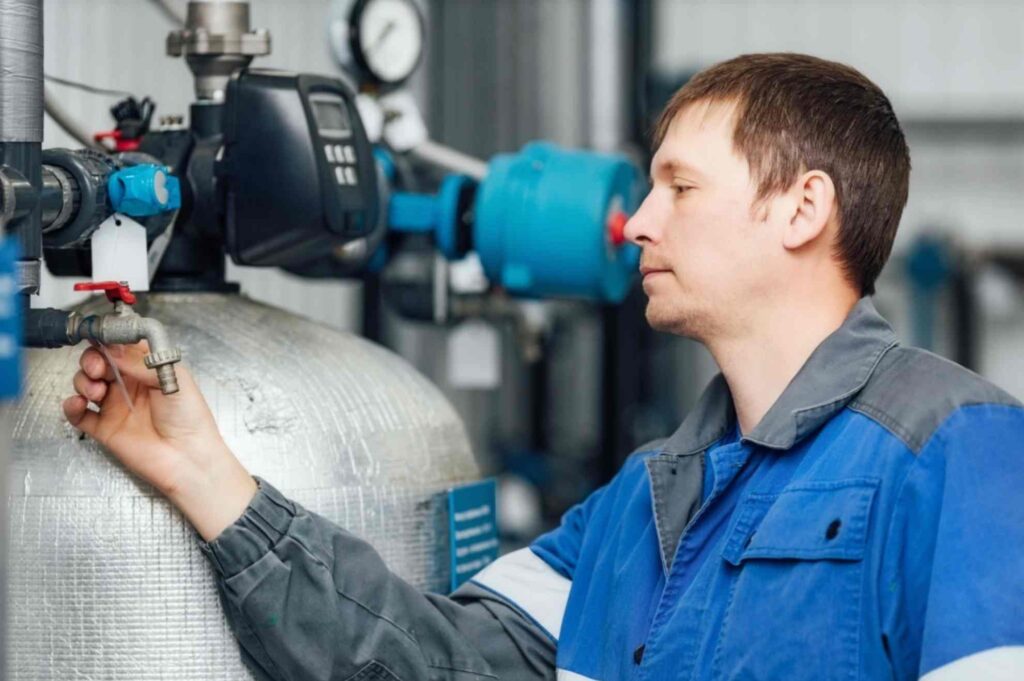
Plumbing Work: How to hook up a softener to the incoming water supply line at your home.
Electrical Work: Once again, the availability of the power source required by the system must be guaranteed.
Bypass Valve: This is especially helpful because you don’t have to pass through the softener at times like when you are watering your plants.
Maintenance is relatively simple. Most systems require:
Regularly Adding Salt: In the case of a salt-based system, it is wise to add salt now and then regularly to top it up.
Cleaning the Tank: Rarely to clean gently, in instances where there is some deposit formed.
Professional Checkups: A once-a-year rendezvous with a specialist to make sure everything is in working order.
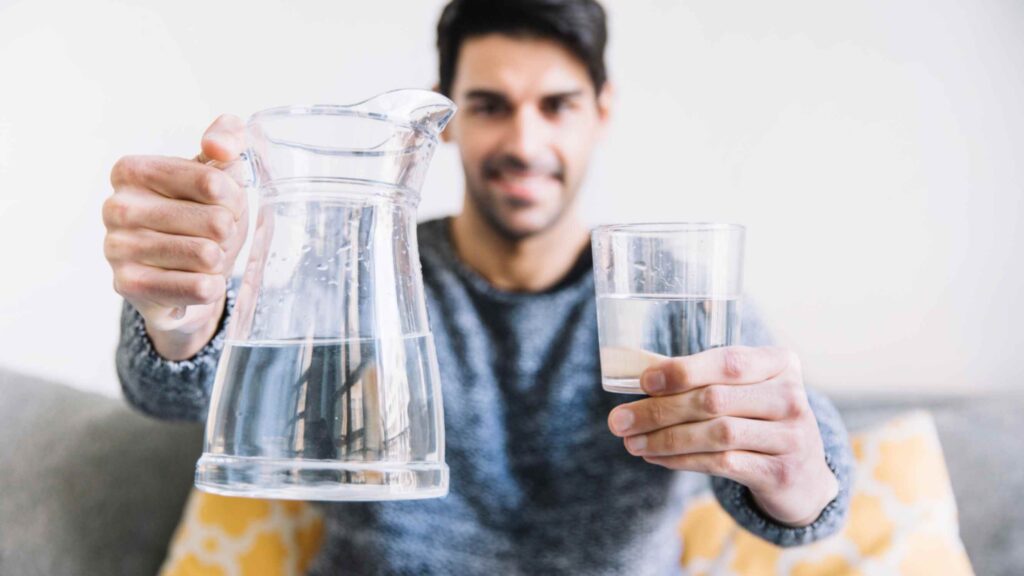
Better Tasting Water: Water filters eliminate chlorine and other elements that may alter the taste of water and produce undesirable smells.
Healthier Drinking Water: Lowering lead, bacteria, and other toxic and unidentified particles in water.
Convenience: Using filtered water means that you will not have to use bottled water as your filtered water is available in your tap.
To sum it up, water softeners can have a huge impact on your home, they can affect your appliances, your skin, and your hair. It is the best bet that will reap benefits in several ways, and make your home function as it should.
So if you want to discover more information on water softeners or water filtration systems visit Waterrific. These remedies cover a spectrum of possibilities to assist you in giving you the cleanest, best-tasting water.
Thanks for reading! In conclusion, it is my aspiration that this guide educates you about how and why water softening is a valuable asset at home and to your family. Please feel free to leave any comments/questions below – I would like to hear from you.
Leave a comment